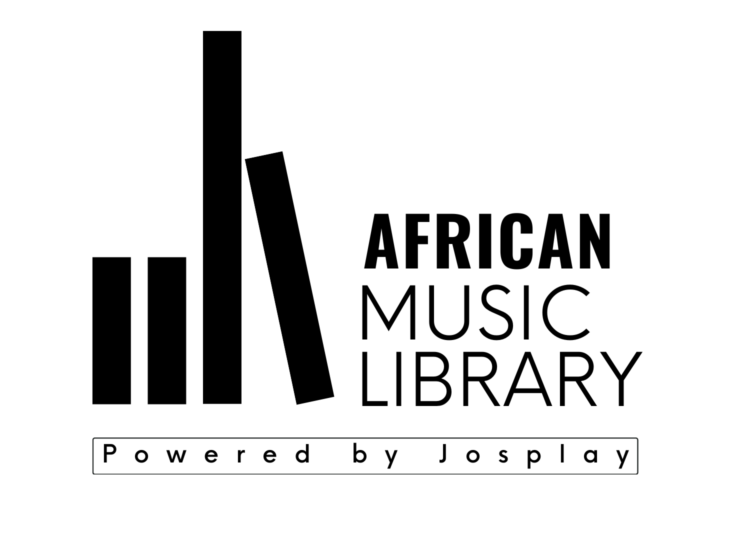JosPlay has unveiled Africa Music Library (AML), an extensive music data resource site featuring over 11, 000 songs, across several genres by over 4,000 African music artistes.
In his presentation of the metadata website, co-founder and CEO, Emmanuel Ogala, described AML as a repository of music, detailing, what music, who made it, how it was made, and every other information that contributes to the understanding of that music.
As a search-based engine, users can look up a particular music, or an artiste, or band and the metadata will pull up every detail regarding the music – the artiste, the genre, the record label, and features that explains differences between music genres. An illustration is the Genre Training Programme – which are video sessions that provides studies of genres of music, that allows people to learn and qualitatively analyse different genres of music. Although API calls are absent in the AML 1.0, AML 2.0, Ogala said will possess that audio.
On the importance of African Music Library at this time, AML co-founder, project director and chief operating officer, Jideofor Okoro responds, “Why not now?” “There currently exists no one music data library for African music.” This lack of data he said has led to centuries of lost histories of African music between the 19th and 20th century. In addition to the huge loss of music history, lack of a metadata on African music has resulted in loss of funding and revenue for African music industry, with the industry recording just 1.2 per cent of the billions dollar global music revenue.
“How do we match up data and the music? Is the pressing question. We should have started before now. The dynamism of the music industry is evolving, and we need to be documenting all that.” Okoro also stressed the need to forge huge alliances with stakeholders of the industry to building and updating AML system, and to stimulate intellectual discuss over music.
Addressing the benefits of such database for music artistes, Jotam Mataryl, said it enables African music artistes get attributed and paid for their work whenever and wherever it’s used. To make it easier for AML to document music pieces, he asked that when recording, artists should do so on a spreadsheet, before handing it over to those responsible for the publication of their work on the digital platform.
“Don’t just put your music out there. Have your music aggregates and on the platform. Metadata is critical because without it, you’ll not be credited or paid for your music.”
Speaking further on the benefits of metadata, culture journalist, Shishi Wanj said it’s done much in helping musicians, producers and instrumentalists connecting to their roots.
“The most important thing is being able to find out the roots of where their sounds come from, and how sounds led to other sounds. It helps in tracing who innovated what, and keep track of chain of events in music,” said the DJ and researcher.
Assuring users on the quality of data and information on AML, Anu said the group ensures authentic, valid and updated information via its datagathering and data analysis process.
During data gathering process, she said extensive research is carried out by academicians, ethnomusicologist, and musicians source information from recording companies. Information is sourced from recording labels, publishers etc., then segmented into different genres, and by country. Data analysis process involves fact checking to ensure artists own a particular music and by reaching out to songwriters, stakeholders managers among others.
“We are open to collaboration with other music stakeholders across Africa and across the world. We are calling on music industry experts, CEOs and stakeholders to join and make AML a valuable resource for future generations,” said Anu.





